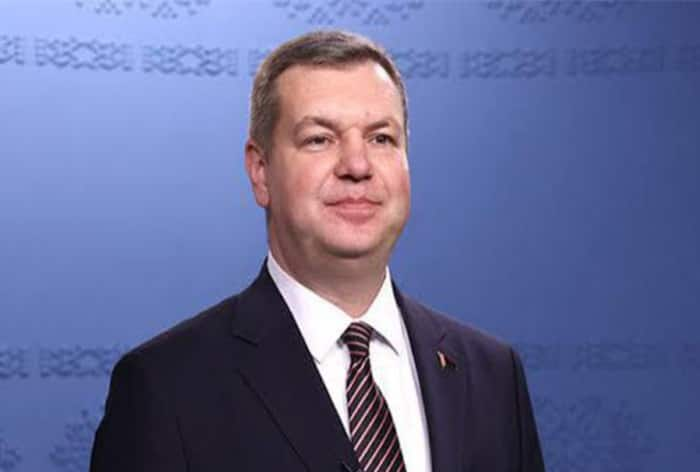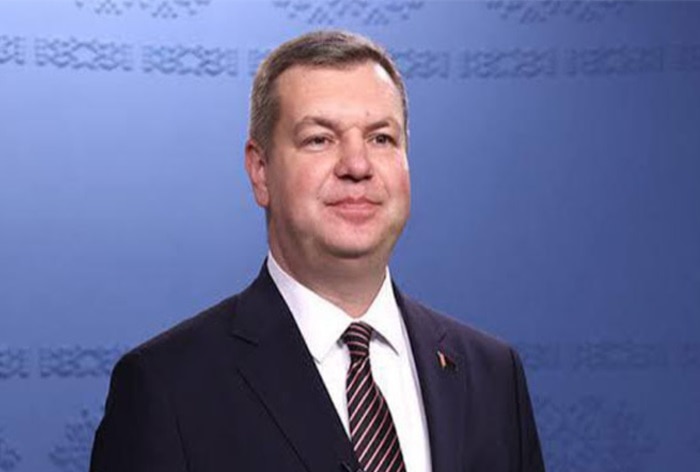Shanghai Cooperation Organization is a permanent intergovernmental international organization established on June 15, 2001, in Shanghai (PRC) by Kazakhstan, China, Kyrgyzstan, Russia, Tajikistan and Uzbekistan.

Belarusian Ambassador to India, Mikhail Kasko expressed gratitude to India for supporting Belarus’s full membership in the Shanghai Cooperation Organization (SCO). He highlighted Belarus’s eagerness to engage actively within the SCO framework. The ambassador’s optimistic outlook underscores Belarus’s commitment to deepening collaboration across various sectors like politics, economics, trade, science, and culture within the SCO. As a new full member, Belarus aims to significantly boost its participation and contribution to the organization’s activities.
While speaking to ANI, the Belarusian Ambassador said, “We are grateful to the Indian side for support of the Republic of Belarus to become a full member of the SCO. Belarus is already at the finish line in terms of joining the SCO. We ratified the Memorandum, joined all international treaties within the Organization and are ready for active joint work within the SCO dimension.”
Shanghai Cooperation Organization is a permanent intergovernmental international organization established on June 15, 2001, in Shanghai (PRC) by Kazakhstan, China, Kyrgyzstan, Russia, Tajikistan and Uzbekistan.
In response to the question, about India’s support for Belarus’s application for full-fledged membership in the SCO, he said that the Republic of Belarus, being in a strategically important geographic location, is further ready to contribute to the development of the SCO cooperation in the fields of economics and security, using its transit, industrial and scientific potential, experience in peacekeeping and multilateral diplomacy.
“As part of the initiatives, the SCO countries are invited to use the capabilities of Belarus as a country with a traditionally strong and efficient agricultural sector, high-tech production, a strong intellectual base and agricultural engineering to preserve and strengthen the food, nuclear and cyber security of the countries of the Eurasian region,” Kasko added.

